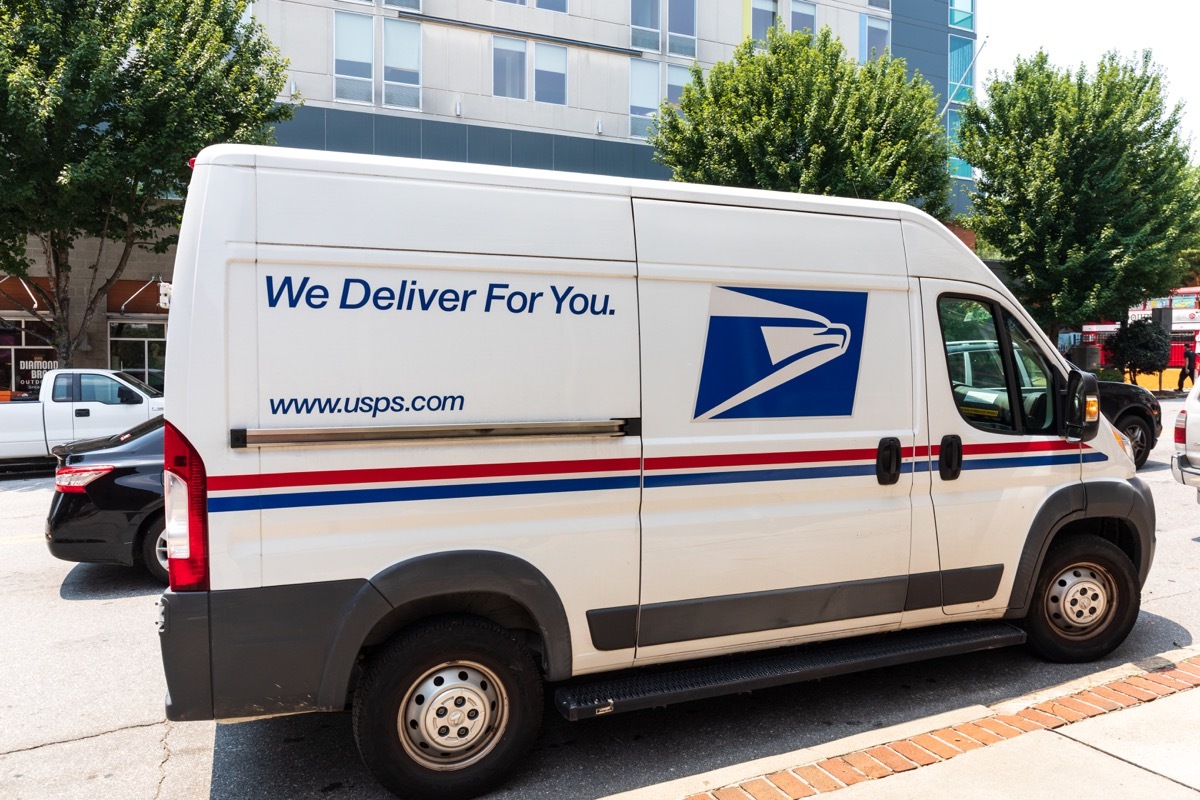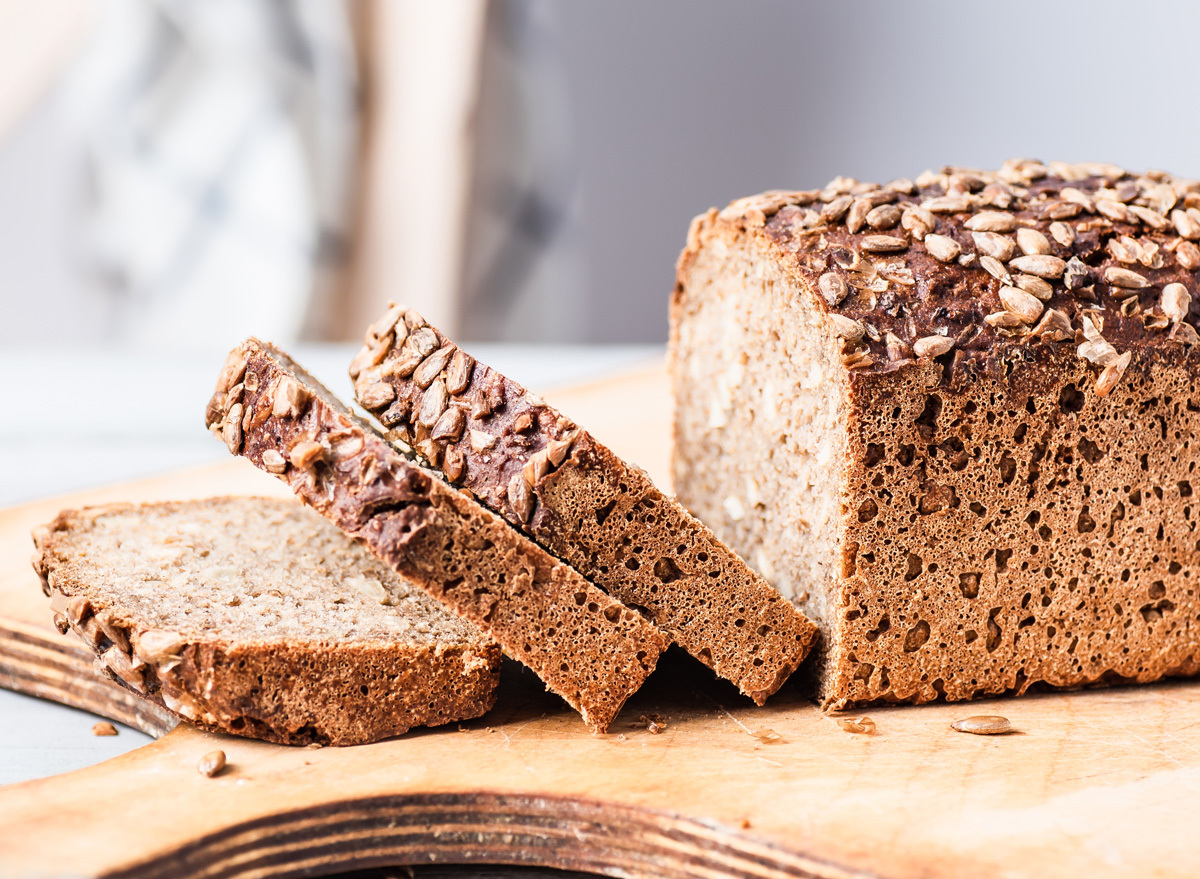Having COVID Cured My Back Pain—Here's Why Doctors Think It Happened
Believe it or not, some patients are experiencing a reduction in chronic pain after COVID cases.
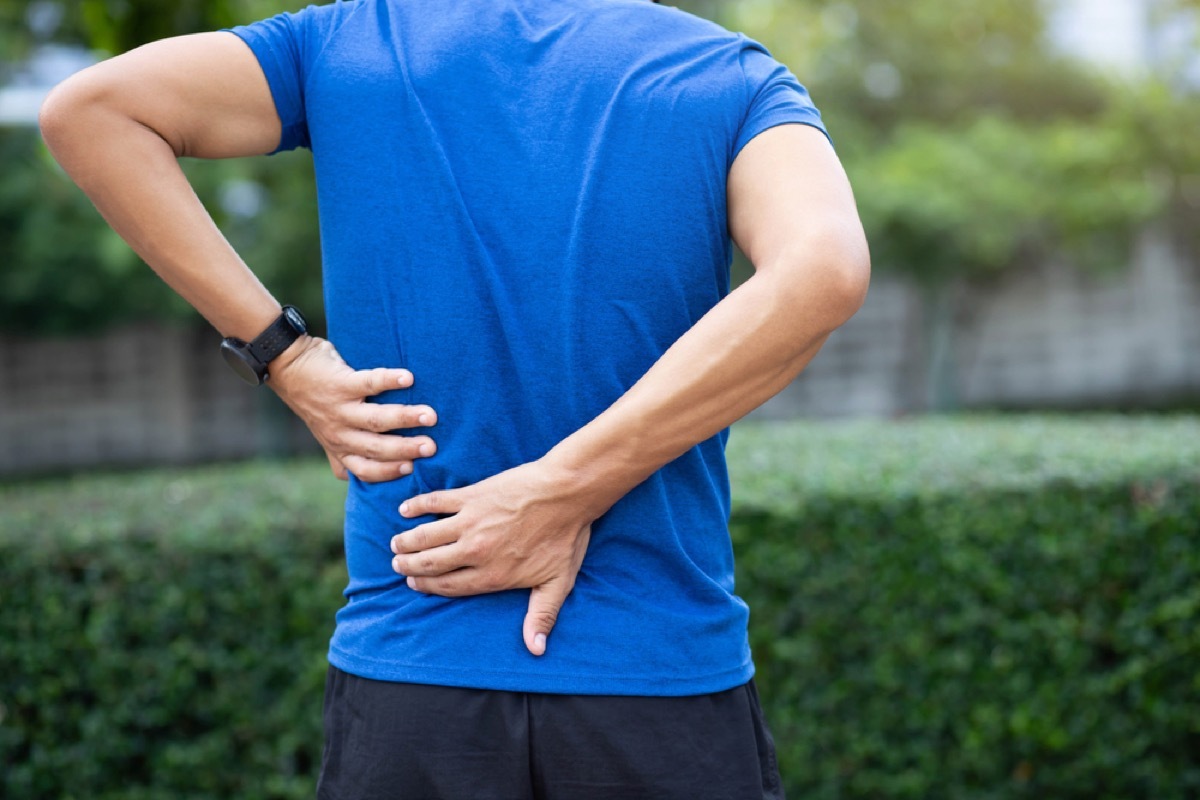
Let me be clear about one thing first—I am not recommending that anyone go out and contract COVID. The virus is unpredictable, and still producessevere outcomes in many people—not to mention the fact that having it means potentially spreading it to others, thereby prolonging the pandemic. There was, however, one positive aspect of my infection, beyond the temporary immunity it gave me: COVID cured my chronic back pain. The results weren't permanent, sadly, but they were undeniable. As it turns out, I'm not the only one, and scientists are now looking into why a virus that causes pain in some people seems to relieve it in others. Read on for my story, and to learn about the research being done on COVID and chronic pain.
RELATED: I'm Boosted and Got Omicron—This Was My Worst Symptom by Far.
I've been dealing with serious back pain since Nov. 2020.
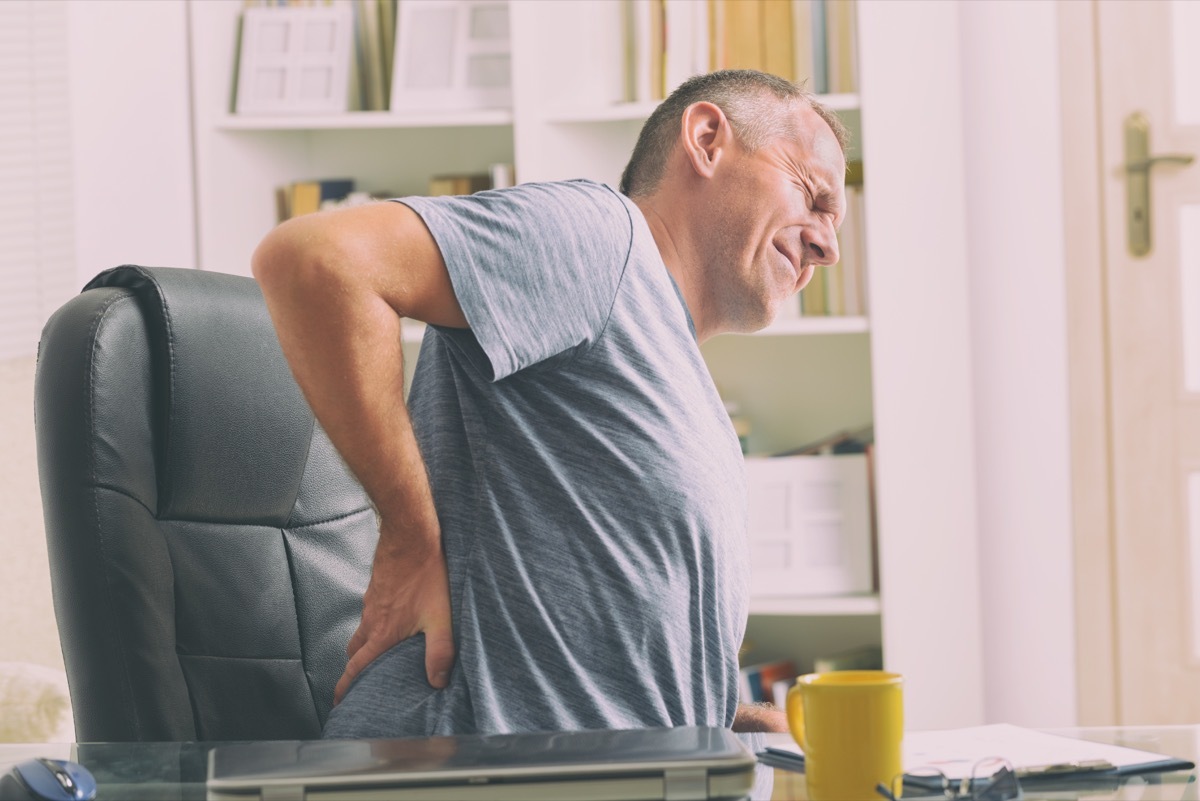
I've had intermittent back pain for much of my adult life, but things took a turn for the worse on Thanksgiving 2020. (It may have had something to do with spending eight months living, working, and sleeping in my cramped studio apartment.) Suddenly, I had the kind of pain that interferes with daily activities and keeps you up at night. A series of doctors, tests, and medications did little to alleviate the problem. Like many people with chronic pain, I wasn't offered much in terms of an explanation or treatment.
Thankfully, weeks of physical therapy helped, though it never made the pain go away entirely. I still had bad days—sometimes bad weeks—where my back pain had me canceling plans and spending hours in a recumbent position because that was the only thing that seemed to help. Because there was no easily identifiable cause of my pain, there were limited options beyond PT, and no guarantees of long-term relief.
RELATED: If You Sleep in This Position, You Could Be Hurting Your Spine, Experts Warn.
I got COVID in January of this year.
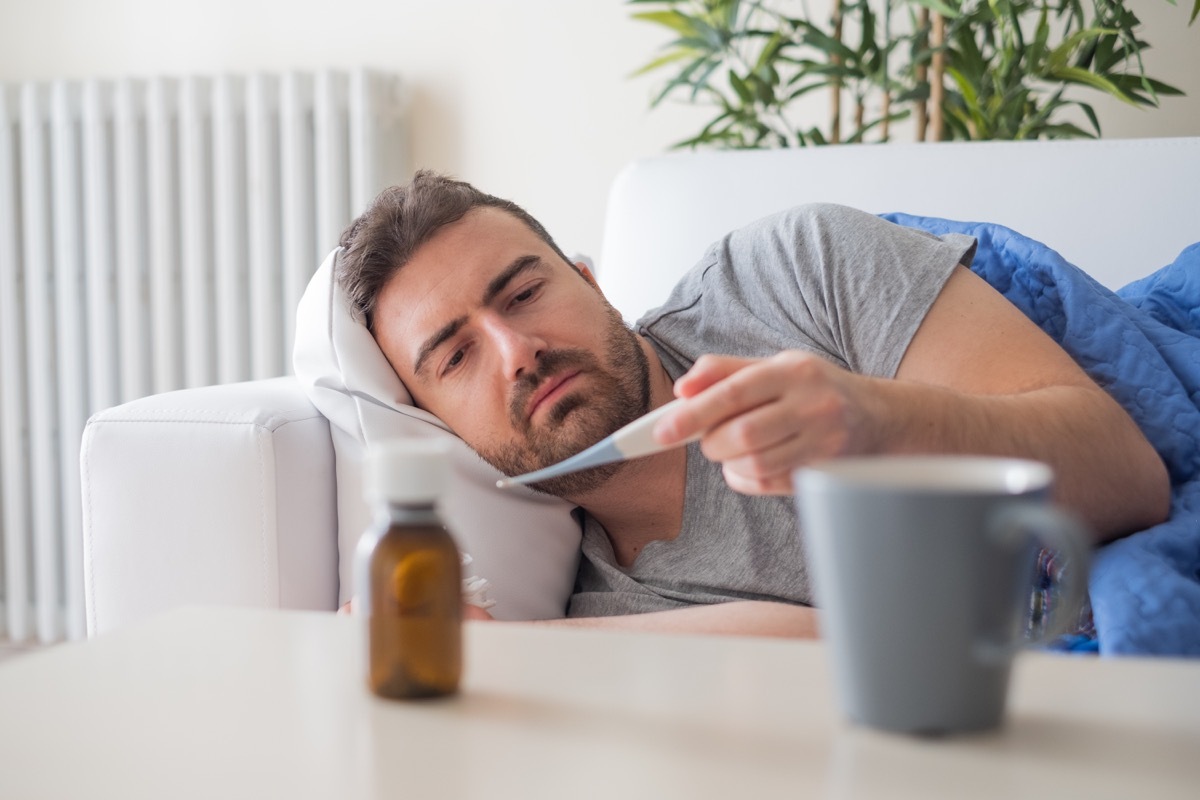
In January I contracted Omicron, along with a staggering number of my fellow Americans. Thankfully, because I was triple vaccinated, I had a relatively minor case. Aside from a nasty cough, a painful sore throat, and one excruciating headache, I got off pretty easy. There were symptoms I had been concerned about, from loss of smell and taste to shortness of breath, but I luckily didn't experience any of them. I didn't even have to deal with far more common Omicron symptoms like fatigue and body aches. In fact—and much to my surprise—beyond the aforementioned sore throat and headache, my body didn't really hurt at all.
My back pain went away completely during and after my infection.
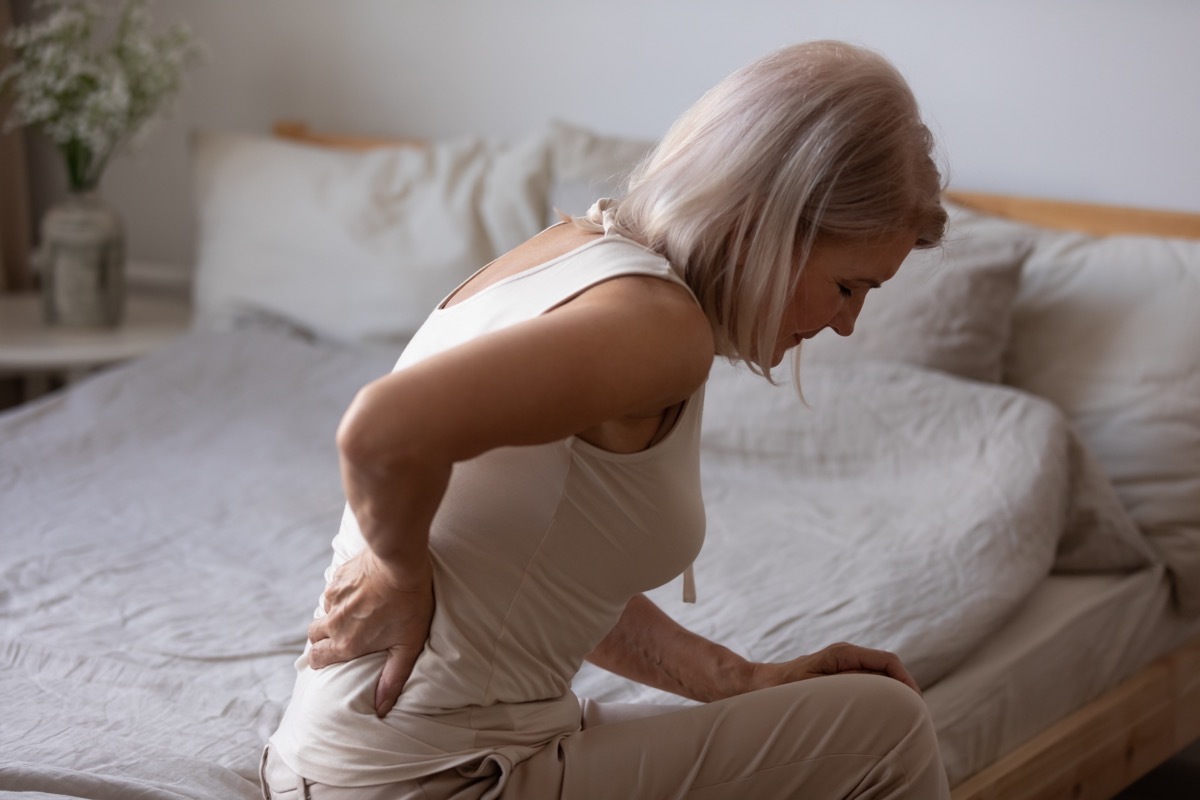
I was surprised that I didn't experience any of the standard COVID aches and pains, but I was even more surprised that the ache I'd sadly gotten used to in my lower back was nowhere to be found. I thought maybe it was my regular regimen of ibuprofen and acetaminophen—used to keep my headache at bay and stave off a fever—that was keeping my back in check, but I'd taken plenty of OTC medication before with little success. As I started to recover from COVID and feel a bit more normal, I realized that my back pain remained MIA.
I didn't want to get my hopes up: I've had periods of relief from back pain before, only to have it come roaring back. But as days without back pain became weeks and finally months, I had to admit that something had changed. I wasn't just experiencing a reduction in the number of bad days or less painful flareups—I had no back pain at all. Not even a twinge of discomfort. Now, nearly three months after the fact, my back is beginning to hurt again, but I'm certainly grateful for that impressive run of 100 percent pain-free days.
RELATED: For more first-person accounts delivered straight to your inbox, sign up for our daily newsletter.
Researchers believe COVID blocks pain to help the virus spread.
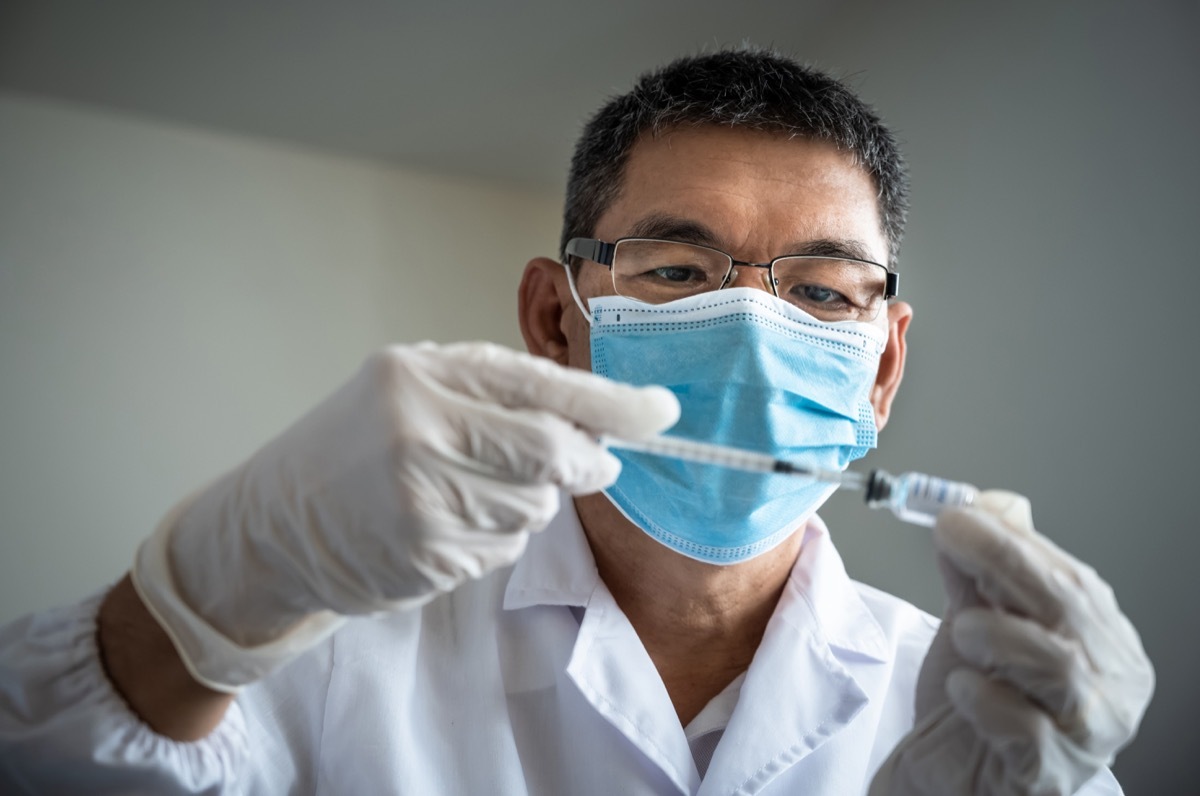
The association between COVID and my lack of back pain seemed both obvious and confusing. Why would a virus known to cause pain have treated mine? But as it turns out, I'm not alone—and researchers are looking into why. According to an Oct. 2020 article from Canada's CBC, COVID's spike protein blocks pain signals to the brain. The virus' reason for doing that is not exactly altruistic: By reducing your body's ability to feel pain, COVID can keep you from realizing you're sick, thereby helping you infect others. (It's not doing this consciously, of course. This is just how viruses evolve.) But yes, the virus really can make you feel less pain—or in my case, at least for a period of time, no pain at all.
"It was a truly wonderful and very weird discovery because it's very counterintuitive," pain researcher Rajesh Khanna, PhD, told Bob McDonald on the CBC series Quirks & Quarks. "Why would a virus provide pain relief? But then if you think back and really look at it, it's a pretty ingenious way of doing this for the virus to succeed."
At the time, Khanna said his researchers had not determined how the virus could both eliminate pain and cause it at the same time. "There's something here that we haven't figured out," he told the CBC. The team's initial study on COVID and pain relief was published in the journal Pain in Jan. 2021.
These findings could have important implications for people with chronic pain.
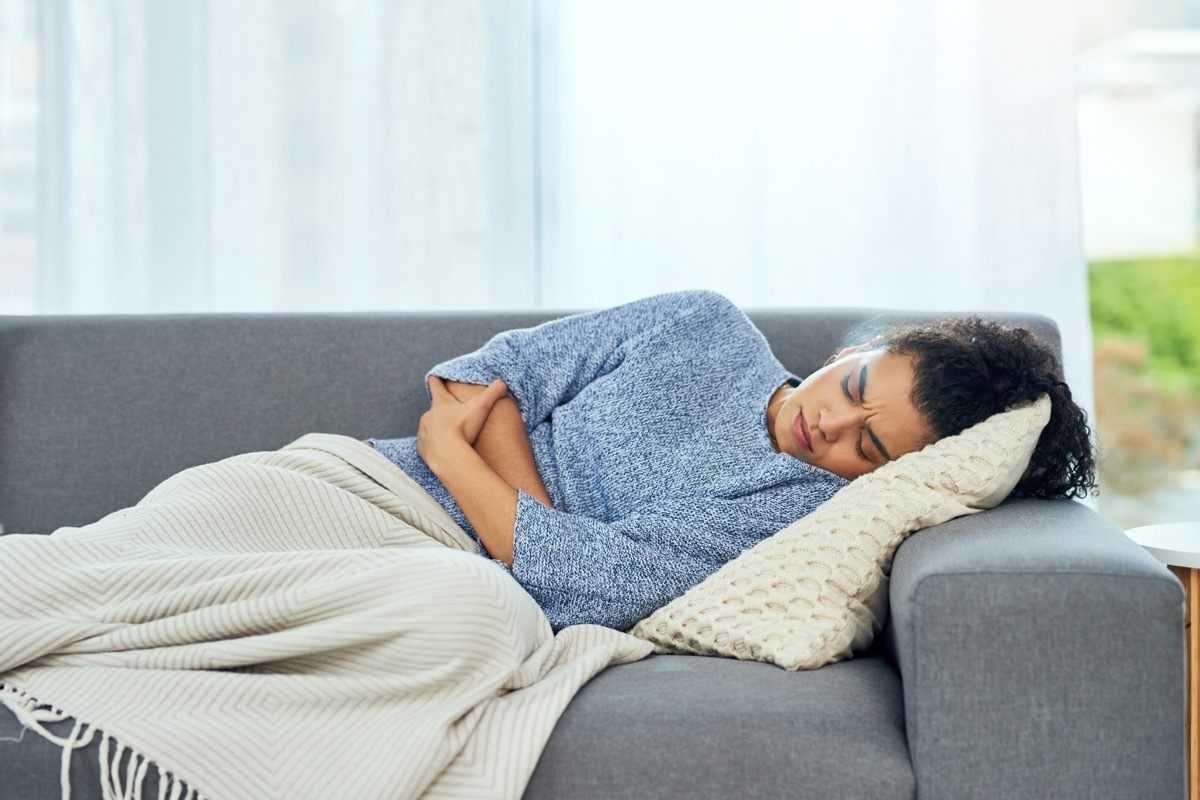
The other thing researchers haven't yet been able to determine? Why people like me had pain relief long after we cleared our COVID infections. It makes sense that the virus would want to block pain while you were spreading it to other people, but my pain vanished for months. Again, I'm not the only one. "It's really mind boggling to me because since [the] publication of our paper, I've received dozens of emails and from people who are chronic pain sufferers. They have long term chronic pain from some sort of injury or disease," Khanna told the CBC. "So the amazing thing is when they contracted COVID, their pain was gone."ae0fcc31ae342fd3a1346ebb1f342fcb
He added, "The more amazing thing is in some cases, when their COVID resolved, their pain relief is still there. So clearly, there's something we don't know about pain and COVID."
As I feel my back pain slowly returning, I wish we had more answers. And as I said before, I'm not advocating for anyone to go out and get COVID, nor do I have any idea how likely it is that doing so would provide any lasting relief to people living with chronic pain. At the same time, I experienced a profound shift in my pain that made my life better, at least for a while. If there were a way to isolate COVID's analgesic powers, it could have major implications for those of us dealing with chronic pain, and be one of the few silver linings to this devastating pandemic.
RELATED: Dr. Fauci Warns That Vaccinated People "Need to Realize" This Now.
